news
2023: SAN seeks law to reduce political parties to six
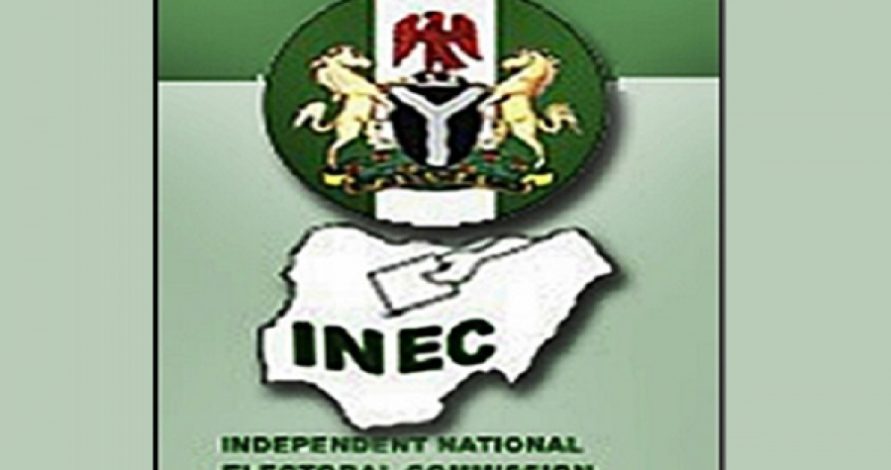
 A Senior Advocate of Nigeria (SAN), Mr Lateef Fagbemi, has advocated a new law to reduce the number of political parties in the country to six ahead of the 2023 general elections.
A Senior Advocate of Nigeria (SAN), Mr Lateef Fagbemi, has advocated a new law to reduce the number of political parties in the country to six ahead of the 2023 general elections.Fagbemi spoke on Thursday in Abuja at the on-going National Workshop on Election Petition Review organised by the Court of Appeal in collaboration with the International Foundation on Electoral System (IFES).
The senior lawyer asserted that the present 86 political parties were too much for Nigerians, especially the Independent National Electoral Commission (INEC) to cope with along with other challenges.
He said this while delivering a paper titled: “Reform of Election Litigation Process -the Constitution, Electoral Act and the Practice Directions”.
Fagbemi argued that a situation where INEC and Nigerians had to contend with over 86 political parties in an election was not healthy for any electoral process.
According to him, the trend has led to series of confusion for the electoral body and the electorate especially exclusions that are not deliberate on the part of INEC.
“I know that my position will generate reactions but the truth and reality is that political parties must be scaled down from the present 86 to maximum of six to sanitize the party system,” he said.
He said that electoral reform must not be left for politicians alone, adding that in some cases politicians were clever and would not enact laws that would make them fall victim in their ambitions.
“Let nobody be taken off guard, our electoral system needs some drastic and very unpopular rejigging and amendments to the law.
“The sui-generis nature of electoral laws also dictates that reforms to them cannot but be unprecedented if they are to be effective,” he said.
The senior lawyer also suggested that henceforth, a candidate that won an election that was being challenged in court or tribunal should be served with the petition through the party secretariat.
He said this was in view of the limited number of days stipulated by law to hear election petitions.
Fagbemi also said that experience had shown that elected governors cordoned the government house after inauguration so as to frustrate being served with petitions and other processes as required by law.
He further suggested that any winner, whose election was being challenged should have his or her emoluments slashed by half, pending the resolution of the petition.
He added that if such a winner had his or her election nullified, such a person should automatically lose the half of the emoluments.
news
Opeifa request for the state government to assist the Railway Police and Otti, thanks Tinubu for picking the best material to rewrite Nigeria Railway history

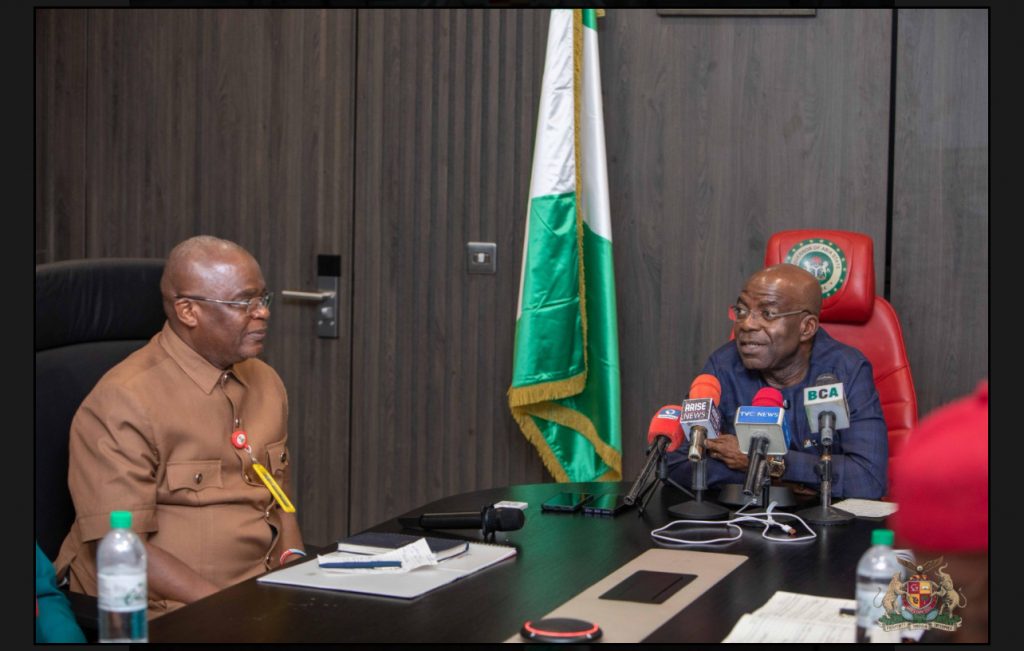 Gov. Otti describes Opeifa as a thorough-bred professional ready to rewrite Nigeria Railway history
Gov. Otti describes Opeifa as a thorough-bred professional ready to rewrite Nigeria Railway history
Lauds President Tinubu for picking the best material to reposition Nigeria’s oldest corporation
A deserving commendation came the way of the Managing Director of the Nigerian Railway Corporation, Dr Kayode Opeifa, as the Abia State Governor, His Excellency, Dr. Alex Otti, described him as an exceptional professional, most suitable to lead the Nigeria’s oldest surviving public corporation.
Governor Otti spoke on Wednesday, at the Government House in Abia State, during a business visit by the MD/CEO of the Nigerian Railway Corporation, as part of his familiarization tour of the Eastern District of the Corporation.
According to Governor Otti: “I have had so many engagements with past leaders of the Nigerian Railway Corporation, you are clearly different and knows the job”. He thanked President Bola Ahmed Tinubu for appointing Dr. Opeifa to lead the Nigerian Railway Corporation, expressing assurance at his ability to deliver.
He thanked the MD/CEO for promising to synergize with the Federal Ministry of Transportation, and the State Government to see that the transformation of the transportation system in Umuahia is achieved. According to the Governor, “Umuahia Bus terminal is progressing rapidly and we felt that it is important to replicate what we have in Paignton, United Kingdom in Umuahia, by linking the train station with the Terminal to enhance intermodal transportation services.
The Governor stated that he was very happy to see that the MD/CEO is committed to taking the track from Aba to Enugu and even beyond. He recalled, with nostalgia how the train had served the people of the state and regretted the downward trends of rain services across the entire South East.
On the MD/CEO’s request for the state government to assist the Railway Police in the state, Governor Otti promised that his government will provide mobility for Aba Railway Police.
He added that the state government is always ready to support the Federal Government institutions as users of such federal institutions are people of the state, adding that his administration cannot differentiate between federal and state government workers.
news
Airlin Advocacy Commissions Jos Office, Targets 7m Members By Next Elections,Says Mohammed Gamawa
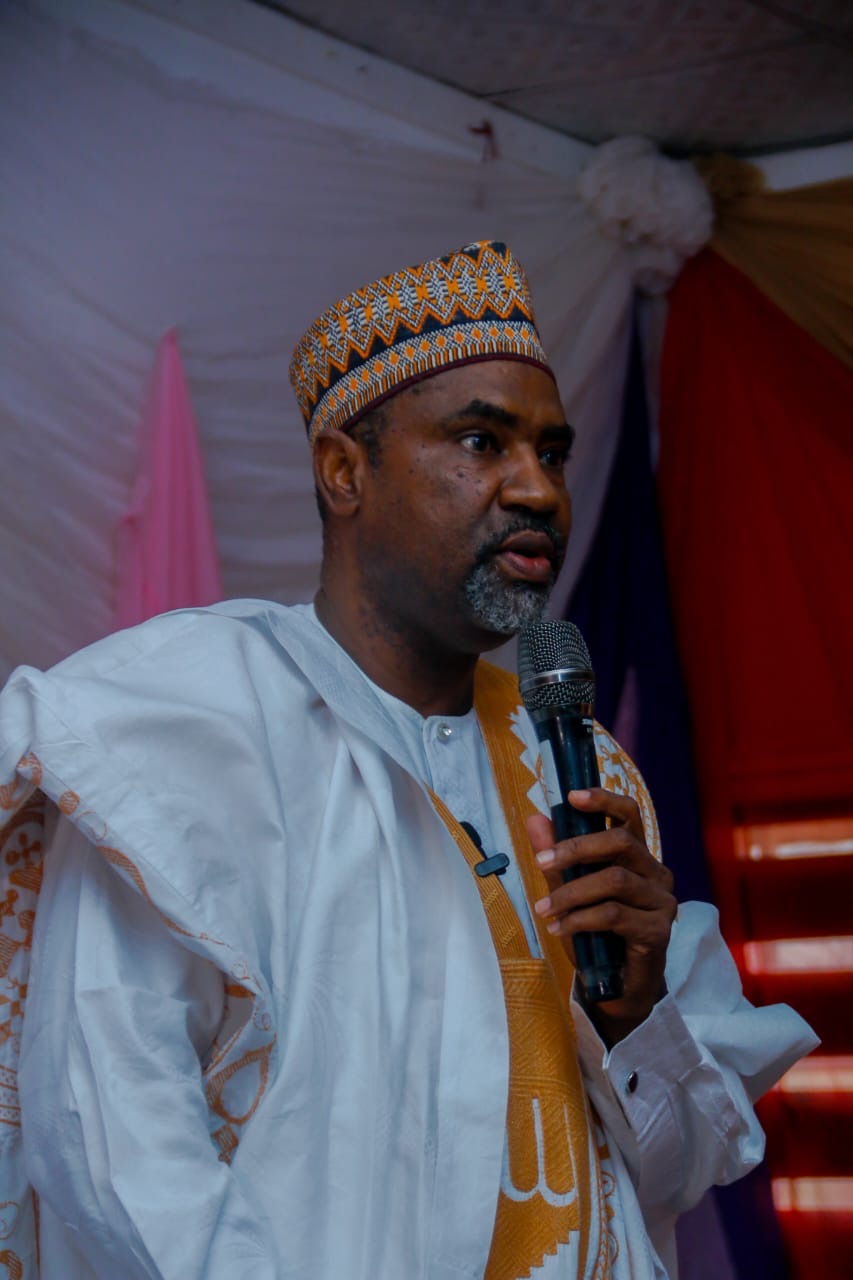
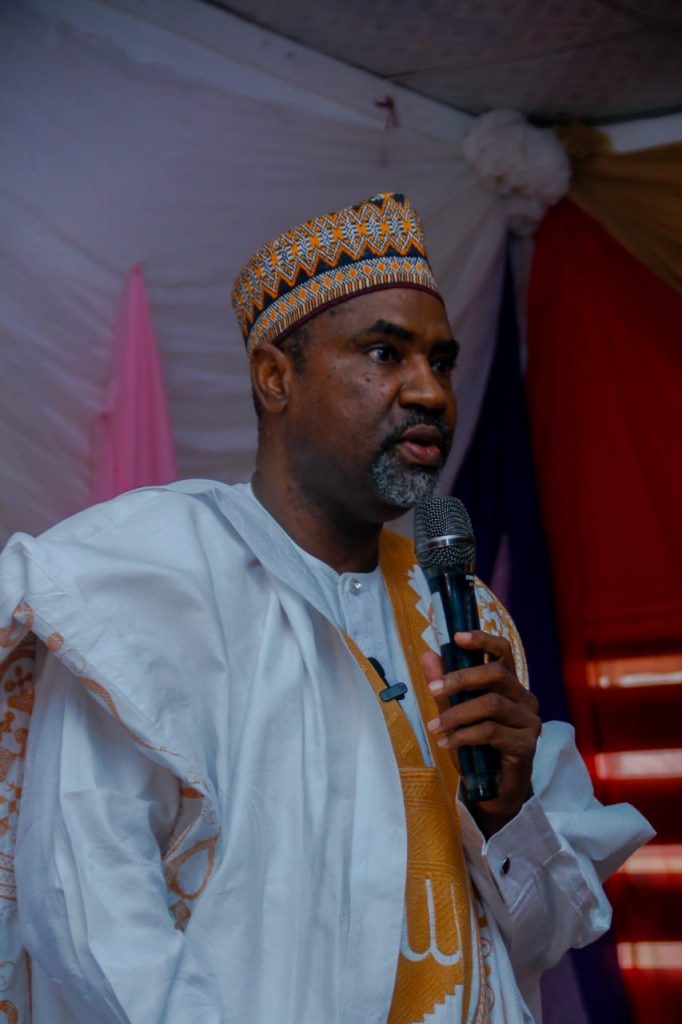 During the inauguration ceremony, the National Chairman of Airlin, Mohammed Gamawa, delivered a keynote address, emphasizing the organization’s commitment to educating Nigerians on their civic rights and responsibilities.
During the inauguration ceremony, the National Chairman of Airlin, Mohammed Gamawa, delivered a keynote address, emphasizing the organization’s commitment to educating Nigerians on their civic rights and responsibilities.
According to Gamawa, Airlin aims to bridge the gap between citizens and the principles of the rule of law by fostering a society where people understand not only their rights but also what is expected of them by the country.
“Our goal is to foster interaction among Nigerians, promote respect for the rule of law, and ensure citizens know their rights and civic responsibilities — such as voting to elect future leaders not based on materialism but based on integrity and competence,” Gamawa stated.
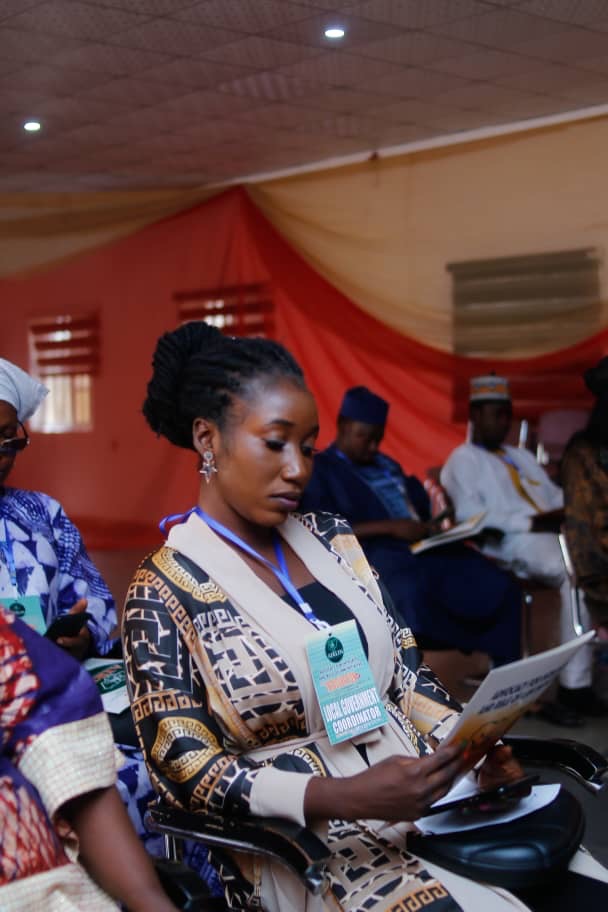
He added that understanding and exercising one’s franchise, especially during elections, must go hand in hand with being law-abiding and fully aware of civil responsibilities.
As part of its mission, Airlin is currently targeting 19 states in Northern Nigeria, with Jos becoming the 15th state to be commissioned.
The ceremony also featured the appointment of state and local government coordinators who will help drive the organization’s grassroots advocacy efforts.
With a current membership base of 2.1 million Nigerians aged 18 and above, Airlin projects a significant growth trajectory, aiming to reach 7 million members before the next general elections.
news
Nothing new in FBI report on Tinubu, says Onanuga
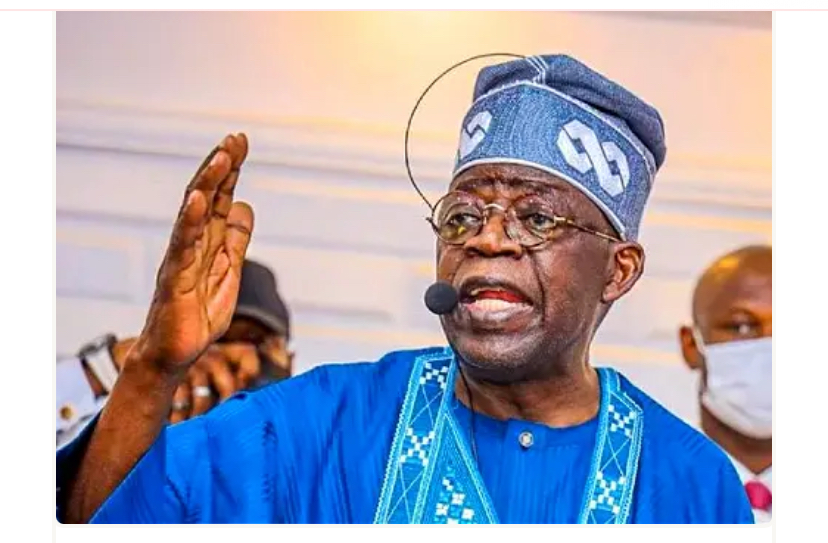
 Senior Special Adviser to the President on Information and Strategy Bayo Onanuga has dismissed a report of a United State (U.S.) court ordering two law enforcement agencies to release information on President Bola Ahmed Tinubu during a “purported federal investigation in the 1990s.”
Senior Special Adviser to the President on Information and Strategy Bayo Onanuga has dismissed a report of a United State (U.S.) court ordering two law enforcement agencies to release information on President Bola Ahmed Tinubu during a “purported federal investigation in the 1990s.”
In a tweet on his verified X handle, Onanuga told those agitated by the directive that there would be nothing revealing in the anticipated report.
In an April 9 ruling, District Court for the District of Columbia Judge, Beryl Howell ordered the Department of State, Federal Bureau of Investigation (FBI), Internal Revenue Service (IRS), Drug Enforcement Administration (DEA) and the Central Intelligence Agency (CIA) to release the information to Mr. Allan Greenspan.
The information being sought by Greenspan was classified as “confidential information” generated during a “purported federal investigation in the 1990s.”
Judge Howell said that protecting the information from public disclosure “is neither logical nor plausible.”
Commenting on the ruling, Onanuga said: “There is nothing new to be revealed. The report by Agent Moss of the FBI and the DEA report have been in the public space for more than 30 years. The reports did not indict the Nigerian leader”, Onanuga said yesterday.
He said that counsel to the President have been “examining the ruling”.
-

 news4 years ago
news4 years agoUPDATE: #ENDSARS: CCTV footage of Lekki shootings intact – Says Sanwo – Olu
-

 news1 year ago
news1 year agoEnvironmental Pollutions : OGONI COMMUNITY CRIES OUT, THREATENS TO SHUT DOWN FIRSTBANK,SHELL OIL COMPANY OPERATIONS FOR NOT PAYING COURT AWARD
-

 news2 weeks ago
news2 weeks agoBreaking : TInubu appoints Bashir Ojulari as new CEO group of NNPC and GMD mele kyari get sacked, Says Onanuga
-

 interview3 weeks ago
interview3 weeks agoNIGERIA MECHANIZED AGRO EXTENSION SERVICE PROJECT, A STRATEGIC MOVE TO ALLEVIATE POVERTY – DR. AMINU ABDULKADIR
-

 news3 weeks ago
news3 weeks agoUpdate : Fubara ordered bombing of Rivers Assembly, I am not under duress I resigned, Says ex-Rivers HoS Nwaeke
-

 news3 weeks ago
news3 weeks agoTinubu commended Nandap for her leadership, extends Comptroller-General tenure till 2026, says Onanuga
-

 news5 days ago
news5 days agoNothing new in FBI report on Tinubu, says Onanuga
-

 news1 week ago
news1 week agoUpdate : FG confirms continuation of crude, refined product sales in Naira initiative, Says Wale Edu


